Eat well and win £1000 to spend at Evans Cycles
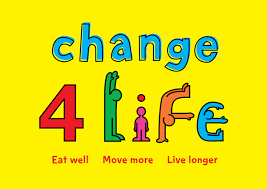 Heart Breakfast’s James and Becky have teamed up with Kent County Council to support Change4Life, helping to keep families fit and eating healthy this winter and give you the chance to win £1,000 to spend on new bikes and accessories!
Heart Breakfast’s James and Becky have teamed up with Kent County Council to support Change4Life, helping to keep families fit and eating healthy this winter and give you the chance to win £1,000 to spend on new bikes and accessories!
Change4Life is all about developing healthier eating habits – swapping naughty treats for healthy snacks, cutting down on sugar and trying to banish saturated fat.
So why not try and get lots of tasty fruit and veg into your diet this winter and make the family more active? Wrap up warm and head to the park, take the dog for a crisp morning walk, jump on your bikes at the weekends or have a kick about in the garden. Don’t be a couch potato this season, get outside and have fun!
Keep your eyes peeled for the Get Up And Go characters on TV too as they can help you and your whole family make small changes this winter – meaning when it comes to it, you’ll know how to make good choices.
Find out more here including healthy lunchbox ideas, fun ways to get active and more to get your family to Change4Life!
Win £1,000 to spend on Bikes and Accessories at Evans Cycles!
Watch Heart Breakfast’s James and Becky and vote for your favourite healthy recipe on the form below*, and you could be winning a whopping £1,000 to spend on bikes and accessories thanks to Evans Cycles in Maidstone!


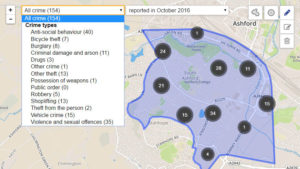
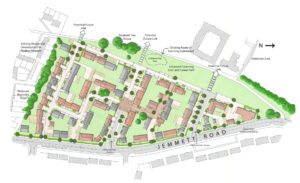
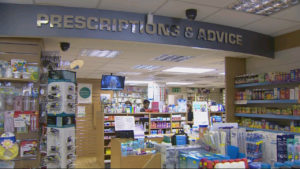
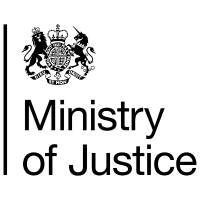

 In the run-up to Christmas follow the Food Standard Agency (FSA) Freezer Fairy’s tips on how to prepare your festive food in advance and reduce food waste from leftovers by making the most of your freezer. Their useful tips will help you plan your meals and work out what and when to cook, freeze and defrost to help you have a less stressful and wasteful Christmas.
In the run-up to Christmas follow the Food Standard Agency (FSA) Freezer Fairy’s tips on how to prepare your festive food in advance and reduce food waste from leftovers by making the most of your freezer. Their useful tips will help you plan your meals and work out what and when to cook, freeze and defrost to help you have a less stressful and wasteful Christmas.